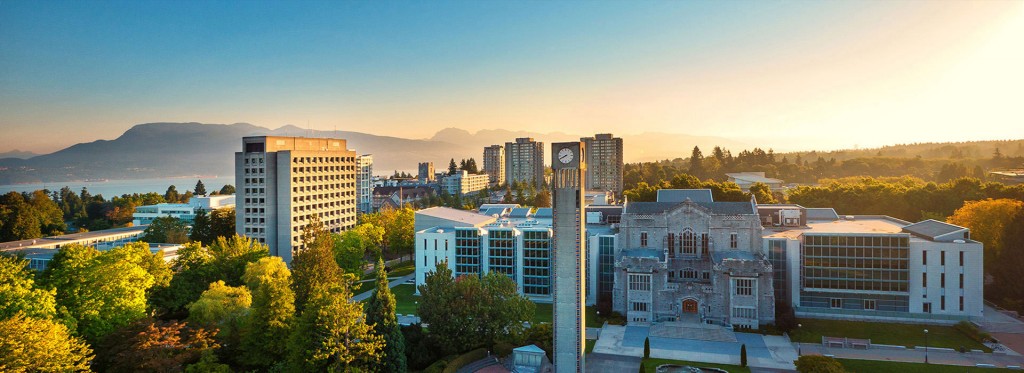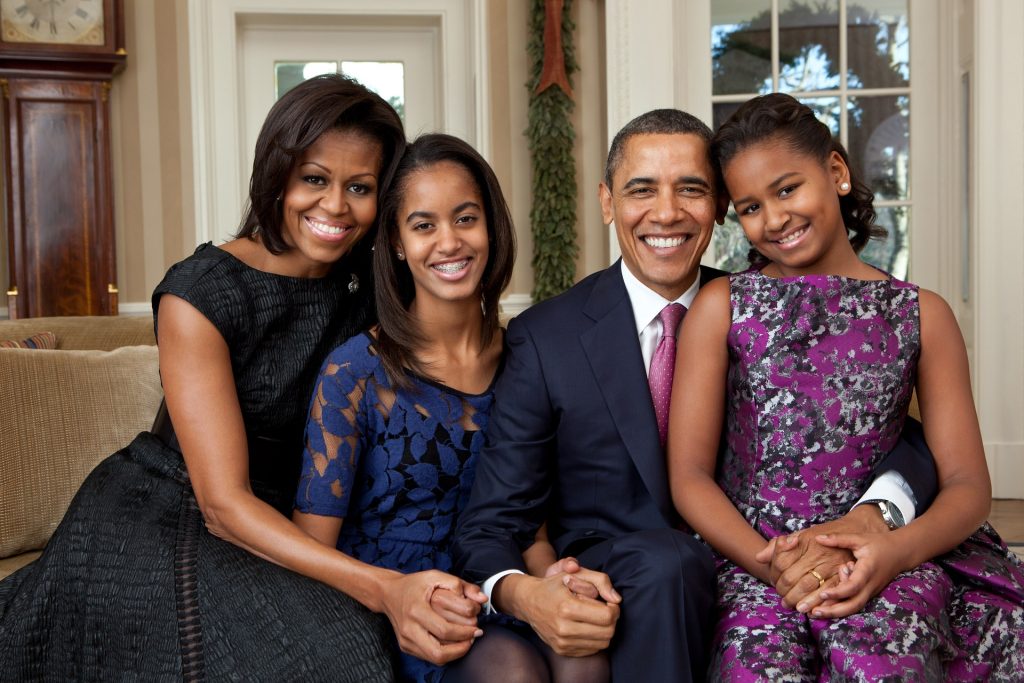
(Source: UBC website)
When I was in high school, I was addicted to browsing through lists like the QS World University Rankings and the Times Higher Education World University Rankings. I was in love with the idea of studying at a university that has an outstanding international reputation. I was excited at the possibility of attending an institution that was regularly at the top of these famous lists. But then I realized how utterly foolish it was to decide where I was going to spend the next four (maybe even more) years of my life based on these lists.
Hanging out at my friend’s house is one of my most favourite things to do on Friday nights. Our idea of “hang out” usually consists of taking home fast food and watching a movie on Netflix or online. Ideally, it should be simple and relaxing, but it always takes us AT LEAST an hour (of arguing and judging each other’s movie tastes) before we can decide what movie to watch. We always try to google “best movies of 2015” or check Rotten Tomatoes to see if any of the “best movies” lists made by movie critics could help us agree on one movie. More often than not, this results to nothing but more petty arguments. One friend of mine likes sci-fi/superhero movies. Another likes action-packed movies whose actors behave like Liam Neeson in the Taken series. I like realistic movies with genuine, emotional characters (like Jessica Chastain’s character in The Disappearance of Eleanor Rigby, or Logan Lerman’s character in The Perks of Being a Wallflower). Obviously, finding a movie that suits ALL our likes and interests is next to impossible. Eventually, we give up one by one and just let whoever has the remote control choose the movie for the rest of us.
Selecting a movie to watch is a lot like choosing a university; you can base your decision on a lot of popular rankings/lists, but whether you will be happy with your decision ultimately depends on your own needs and interests.
I stopped obsessing with QS World University Rankings and similar lists because I know that they do not measure what I truly want to get out of and need from my time at university. The QS World University Rankings, for instance, uses the following criteria to rank universities across the globe: academic reputation (40%), employer reputation (10%), faculty/student ratio (20%), citations per faculty (20%), international student ratio (5%), and international staff ratio (5%). Although these are all solid indicators of how well a university is performing, only two of these are what I believe to be important to my university education: employer reputation (because obviously I want to graduate from a university that many employers respect) and citations per faculty (because it would definitely be helpful to be mentored by experienced and well-published researchers in my academic career). These two indicators add up to only 30% of QS’s criteria. There are a lot more things about a university than those university rankings criteria that I consider important: the beauty of the campus, the location of the campus, student life and culture, and the variety of offered classes.
Before deciding to go for university, I attended tons of seminars/presentations for prospective students, went to different campus tours of various universities, and talked to alumni of the colleges and universities I applied to. These made me realize where I truly wanted to study. I decided to go to UBC because among all the universities that offered me admission, it best fit my needs, personality, and aspirations. Going to UBC meant not spending extra $5000-$10000 for campus residence and air fares (since I live in Vancouver). It also meant being able to spend my lunch/study breaks by the beach on sunny days (which I thoroughly enjoy). As well, it has allowed me to meet awesome people that share the same interests with me (I mean, how many universities in the world right now have an eSports club? UBC eSports Association isn’t just one of the biggest eSports clubs in the world, it’s also one of the most succesful!)
If you are one of the few who have not yet accepted any admission offers because you find this whole post-secondary process a bit daunting, I have one generic (sorry!) advice for you: DO YOU. Nobody knows what you need and what you want to get out of university better than yourself. Try to learn as many things as possible about the universities you’re considering, and from there, see which one best matches your interests and goals.
Go ahead and check those famous world university rankings if you want. Hear what current students and alumni have to say about their schools or other schools’ reputations if you think it will help you make an informed decision. Google the notable alumni and famous graduates of the universities you’re considering if you’re interested in that. Spend hours browsing the social media accounts of various universities if that’s your thing. Just don’t let those things make the final decision for you.
Universities are essential bridges to our dreams. They are not just providers of education, but also of opportunities, friendships, and meaningful experiences. Societal notion and school’s reputation can’t hand pick the right bridge for us, but our personality, needs, and ambitions can.


